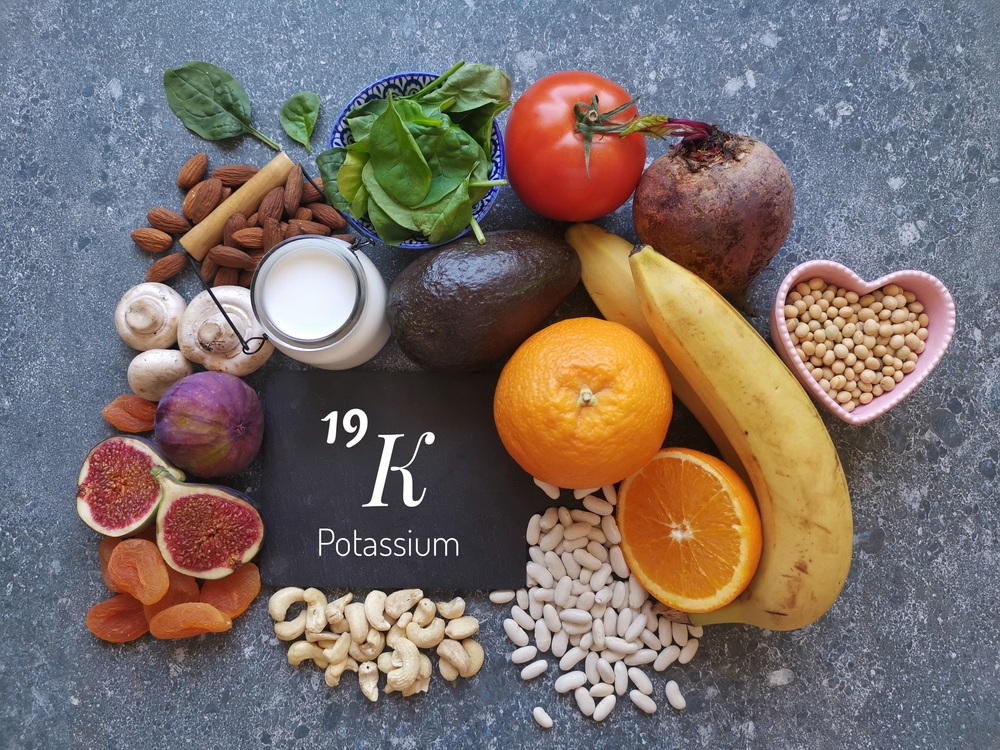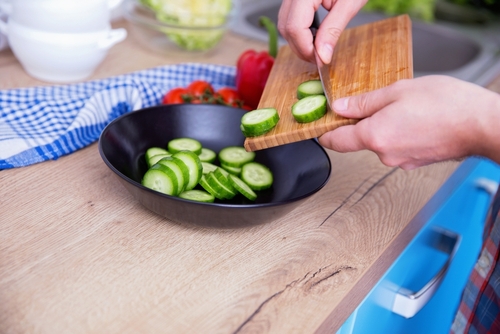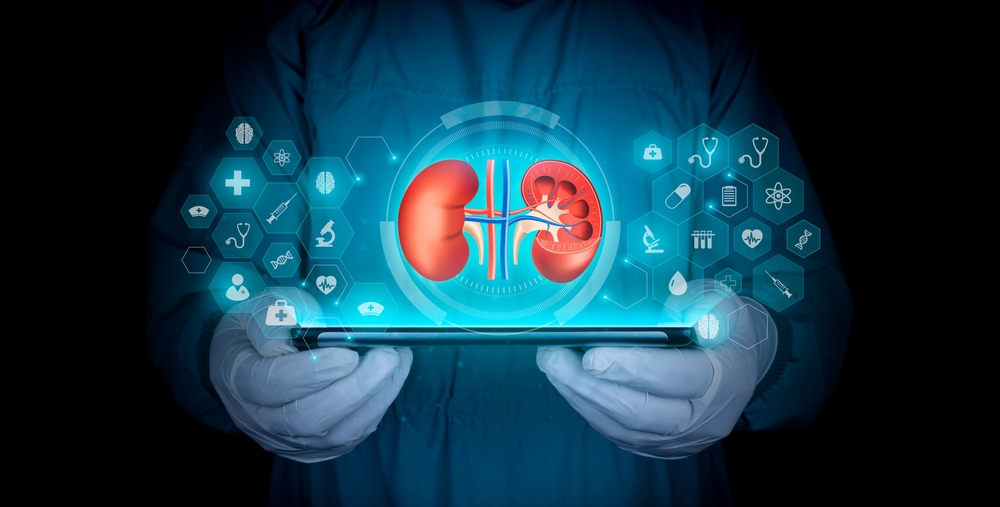For individuals with chronic kidney disease (CKD), maintaining the right balance of nutrients is crucial for overall health and kidney function. One such nutrient to monitor closely is potassium. While potassium is essential for many bodily functions, excess potassium can become dangerous for CKD patients because impaired kidneys struggle to regulate potassium levels effectively, leading to hyperkalemia—a condition where potassium levels in the blood are too high. Hyperkalemia can cause symptoms like muscle weakness, irregular heart rhythms, and even cardiac arrest in severe cases.
If you have CKD, knowing which high-potassium diets and foods to avoid is vital to prevent complications. Here’s an overview to help you make informed dietary choices:
Understanding High-Potassium Foods
Potassium is found in a wide variety of foods, particularly fruits, vegetables, dairy, nuts, seeds, and certain grains. The average adult needs about 2,600–3,400 milligrams of potassium daily, but for CKD patients, the recommended intake is often much lower and should be guided by a healthcare professional.
Diets to Avoid for CKD Patients
- Plant-Based or Vegan Diets Without Modification
While plant-based diets are generally considered healthy, many fruits, vegetables, legumes, and nuts commonly consumed in these diets are high in potassium. Examples include:- Bananas, avocados, and oranges
- Potatoes and sweet potatoes
- Lentils, chickpeas, and beans
- Spinach, kale, and other leafy greens Without careful planning and modifications, a plant-based diet can lead to excessive potassium intake for CKD patients.
- The DASH Diet
The Dietary Approaches to Stop Hypertension (DASH) diet is designed to lower blood pressure and promote heart health. However, it emphasizes potassium-rich foods like fruits, vegetables, and low-fat dairy, which can be problematic for CKD patients. If you’re considering the DASH diet, consult a renal dietitian to customize it to your potassium needs. - Mediterranean Diets
The Mediterranean diet promotes heart health by emphasizing fresh produce, whole grains, and nuts. Unfortunately, many staples of this diet, such as tomatoes, potatoes, nuts, seeds, and dried fruits, are high in potassium. Adjustments may be necessary to safely follow a modified version of this diet. - Smoothie or Juice-Based Diets
Smoothies and fresh juices are often promoted as nutrient-packed options for health-conscious individuals. However, they’re usually made with potassium-rich ingredients like bananas, oranges, spinach, and other fruits and vegetables. Blending or juicing these foods does not reduce their potassium content, making these diets unsuitable for CKD patients. - High-Protein Diets
High-protein diets, like those popularized by ketogenic or Atkins-style eating plans, often include potassium-rich foods such as nuts, seeds, and legumes. Additionally, while meat itself isn’t necessarily high in potassium, large portions can contribute to metabolic stress on the kidneys, worsening CKD. - Raw Food Diets
Raw food diets focus on unprocessed and uncooked fruits, vegetables, and nuts—many of which are naturally high in potassium. This can make raw food diets especially challenging for CKD patients to follow safely.
Tips for Managing Potassium Levels
If you’re living with CKD, avoiding high-potassium diets doesn’t mean you need to eliminate all potassium-rich foods entirely. Instead, careful planning and portion control can help you enjoy a balanced diet. Here are some practical tips:
- Leach Potassium from Vegetables
Cooking methods like boiling and soaking can reduce the potassium content of vegetables. For example, you can peel and cut vegetables into small pieces, boil them in a large amount of water, and then drain the water before eating. - Choose Low-Potassium Alternatives
Opt for low-potassium fruits and vegetables, such as apples, berries, cucumbers, and cauliflower. Swap high-potassium options with these alternatives to keep your meals kidney-friendly. - Read Food Labels
Processed and packaged foods can be hidden sources of potassium. Look for products labeled as “low potassium” or check the nutrient information panel. - Work with a Dietitian
A renal dietitian can create a personalized meal plan tailored to your specific potassium restrictions, CKD stage, and other dietary needs. They can also help you modify popular diets, like the Mediterranean or DASH diet, to make them suitable for your condition. - Monitor Your Blood Potassium Levels
Regular blood tests can help track your potassium levels and ensure your diet is working effectively. Adjustments can be made based on your lab results and symptoms.
Conclusion
For CKD patients, maintaining healthy potassium levels is a balancing act that requires knowledge, careful planning, and collaboration with healthcare professionals. Avoiding high-potassium diets, such as unmodified plant-based, DASH, or Mediterranean diets, is an important step toward better kidney health. By making thoughtful food choices and working with a dietitian, you can enjoy a varied and satisfying diet while protecting your kidneys.
If you have CKD, always consult your healthcare provider or a renal dietitian before making significant changes to your diet. Your kidneys will thank you!




